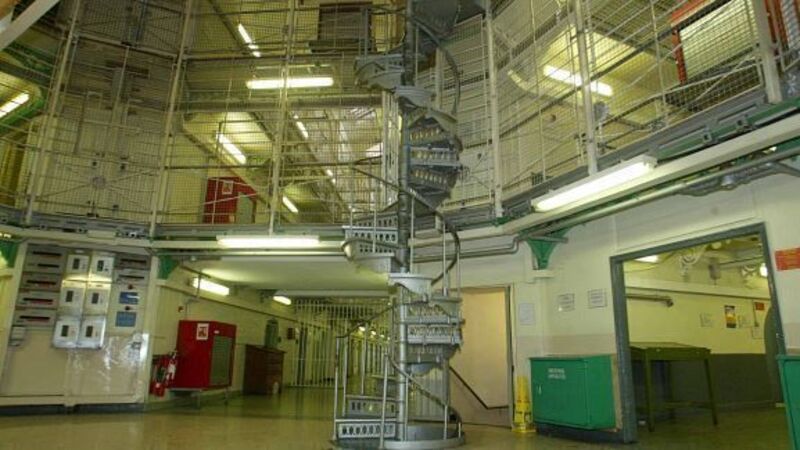'Money no excuse' for jail crowding

Prison chiefs have been warned that it is no longer good enough to blame a lack of money for overcrowding and 23-hour lock-up in Mountjoy.
A special Visiting Committee said it is astounding that prisoners with only one hour free association or exercise can secure constant supplies of illegal drugs and tablets.













